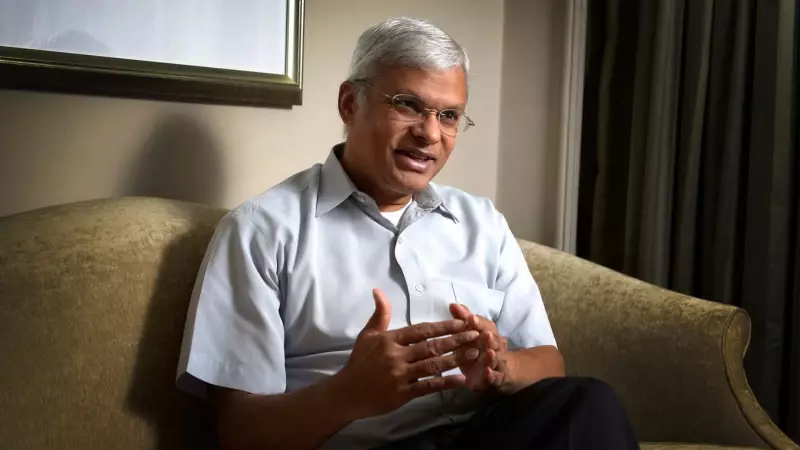
In a development that has sent shockwaves through policy circles, Ashley Tellis, a respected Indian-American foreign policy expert, has been indicted by a United States federal court for allegedly possessing highly sensitive defence documents.
The Serious Allegations
The case centers around Tellis, a Tata Chair for Strategic Affairs at the Carnegie Endowment for International Peace, who stands accused of unlawfully retaining classified materials related to US national defence. Court documents reveal that these weren't just ordinary files but contained critical information about American defence capabilities and strategic assessments.
A Prominent Figure in Policy Circles
What makes this case particularly noteworthy is Tellis's stature in international relations. As a former advisor to the US government on South Asian affairs and a frequent commentator on India-US relations, his access to sensitive information wasn't surprising. However, the allegation that he kept these documents improperly has raised eyebrows across diplomatic and security establishments.
Legal Proceedings and Potential Consequences
The legal process has been set in motion with Tellis making his initial court appearance. While the specific details of how the documents were discovered remain under wraps, sources indicate the investigation involved multiple security agencies. If convicted, the charges carry significant penalties, including potential prison time.
Broader Implications for National Security
This case highlights the ongoing challenges governments face in protecting classified information, even from trusted advisors and experts. It also raises questions about the protocols governing how policy experts handle sensitive materials and the oversight mechanisms in place to prevent such situations.
The development comes at a time when India-US defence cooperation has been deepening, adding another layer of complexity to this already sensitive case. The outcome could potentially influence how security clearances are granted to external experts in the future.





